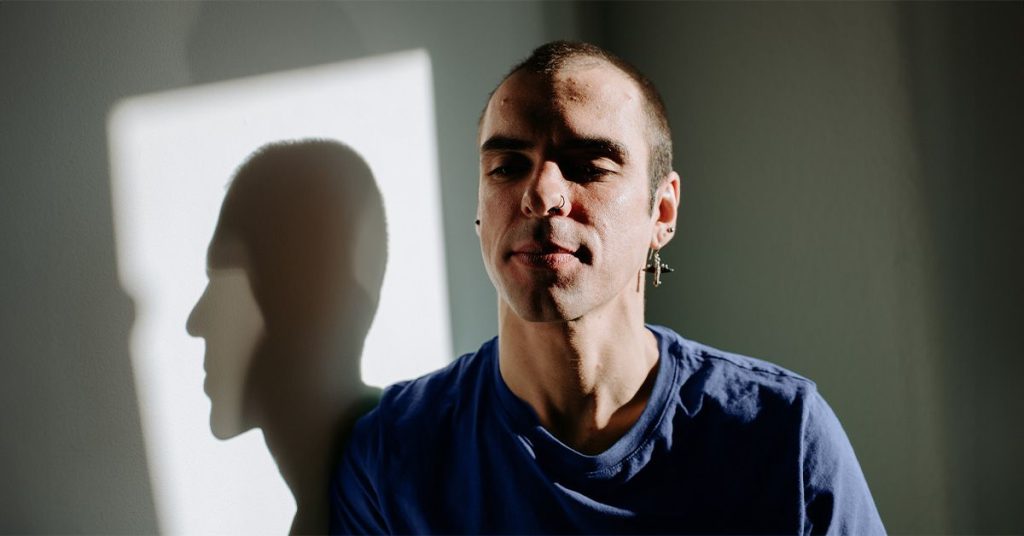A study has found that mindfulness may be as effective as antidepressants in relieving anxiety. The study, led by the National Institute of Mental Health, compared the effectiveness of mindfulness-based stress reduction (MBSR) to the antidepressant escitalopram in relieving symptoms in individuals with various anxiety disorders. Participants in the study reported similar reductions in anxiety symptoms after 8 weeks of treatment, with the medication group experiencing more side effects. This suggests that mindfulness could be a viable alternative to medication for treating anxiety.
The researchers recruited 276 adults diagnosed with anxiety disorders such as agoraphobia, panic disorder, generalized anxiety disorder, or social anxiety disorder. They were randomly assigned to either the MBSR program or treatment with escitalopram for 8 weeks. Self-reported levels of anxiety and depression were assessed at the midpoint and endpoint of the trial, with MBSR showing comparable effectiveness in relieving symptoms as escitalopram. The MBSR group attended weekly mindfulness sessions and practiced daily meditation, while the medication group received escitalopram and weekly clinical follow-ups.
While those treated with escitalopram initially reported a greater reduction in anxiety symptoms, by the end of the 8 weeks, there was no significant difference between the two groups. However, the medication group reported more side effects compared to the MBSR group. This suggests that while medication may have a more rapid effect on anxiety symptoms, mindfulness could be a safer alternative with fewer side effects. This study highlights the potential of using broader treatment strategies for anxiety and the importance of personalized care.
The researchers acknowledge the limitation of the study, noting that the MBSR group may have benefited from the higher level of contact and daily meditation practice compared to the medication group. Despite this, the study suggests that MBSR could be offered in clinical settings as an effective treatment for anxiety disorders, particularly for individuals who prefer non-medication alternatives. It is important for healthcare providers to consider patient preferences when recommending treatment options for anxiety, as some individuals may prefer mindfulness over medication due to concerns about side effects.
Overall, this study suggests that mindfulness-based stress reduction may be as effective as antidepressants in relieving symptoms of anxiety disorders. For individuals who do not wish to risk the side effects associated with medication, mindfulness could provide a safe and effective alternative for managing anxiety. Personalized care and consideration of patient preferences are crucial in choosing the most suitable treatment approach for individuals with anxiety disorders.














